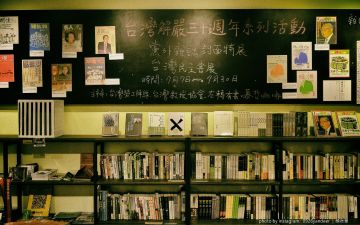Journalist Richard Bernstein explores the challenges and difficulties of China's rise—and American inattention—on Taiwan and in Thailand.
Taiwan is dealing with the consequences of its election in January of Tsai Iing-wen, leader of a party whose unstated goal is to resist the idea of one-China, demanded by Beijing, and to move toward independence. Beijing has responded with a series of punitive measures, including the imprisonment of a Taiwanese human rights activist, that are forcing Taiwan to face some tough, even existential choices—to continue to resist or to compromise?
Thailand has been making its accommodations with China, which, unlike the U.S., makes no democratic demands on the martial law regime. The question is: after 80 years of fitful trying, has Thailand given up on democracy, and, if it has, does that mean a greater tilt toward China? Maybe, but Thai civil society is showing resistance to Chinese influence, especially over Beijing's ambitious plan to turn the Mekong River into an obstacle-free highway for China's commercial expansion in Southeast Asia.

